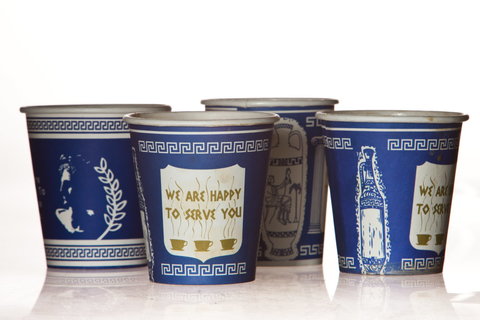 Tony Cenicola/The New York Times
Tony Cenicola/The New York Times
A while back, I wrote about how I was pleasantly surprised to receive a free coffee at a bagel shop drive-through, during “Random Acts of Kindness” week. The customer in front of me paid for my order before driving away.
Now, it seems, some do-gooders are trying to go beyond simply paying for the person in line behind them, who — truth be told — may or may not be hard up for cash. Supporters of the “suspended coffee” trend are aiming to prepay for future customers who are truly needy.
The movement has apparently spread here to the United States from Europe, according to a recent post on The Consumerist, which also said it considered the practice “stupid and inefficient.”
So what is a “suspended” coffee? It works like this, according to a Facebook page about the practice: Customers pay for their own coffee, then pay for an extra coffee — or two — but “suspend” delivery of the drink. Then, someone else can come in and ask the cashier if there are any suspended coffees. The cashier hands the drink over to the nonpaying customer.
This may sound nice in theory, but it can cause problems in practice. For starters, the coffee shop has to keep track of the coffee credits somehow. And then there’s the delicate issue of having lots of down-on-their-luck people wandering into cafes to, in effect, beg for coffee. Not to mention, as The Consumerist notes, that coffee isn’t exactly the most filling food for truly hungry people. And they may not know to ask for a “suspended” coffee, anyway.
I called Starbucks to ask what they think of this, since they have locations on most busy corners in most big cities. A spokeswoman, Jaime Riley, said the company was aware of the trend, but that so far it seemed mostly confined to Europe. In an e-mail, she said, “We are always touched when we hear about such thoughtful acts of our customers.”
That said, the company doesn’t have a formal store policy about this sort of thing. “We simply encourage our partners (employees) to use their best judgment to help make every customer visit special,” she said.
What do you think of this idea? Do you know of a coffee shop that does it?
Article source: http://bucks.blogs.nytimes.com/2013/04/02/coffees-to-go-and-make-one-suspended/?partner=rss&emc=rss
